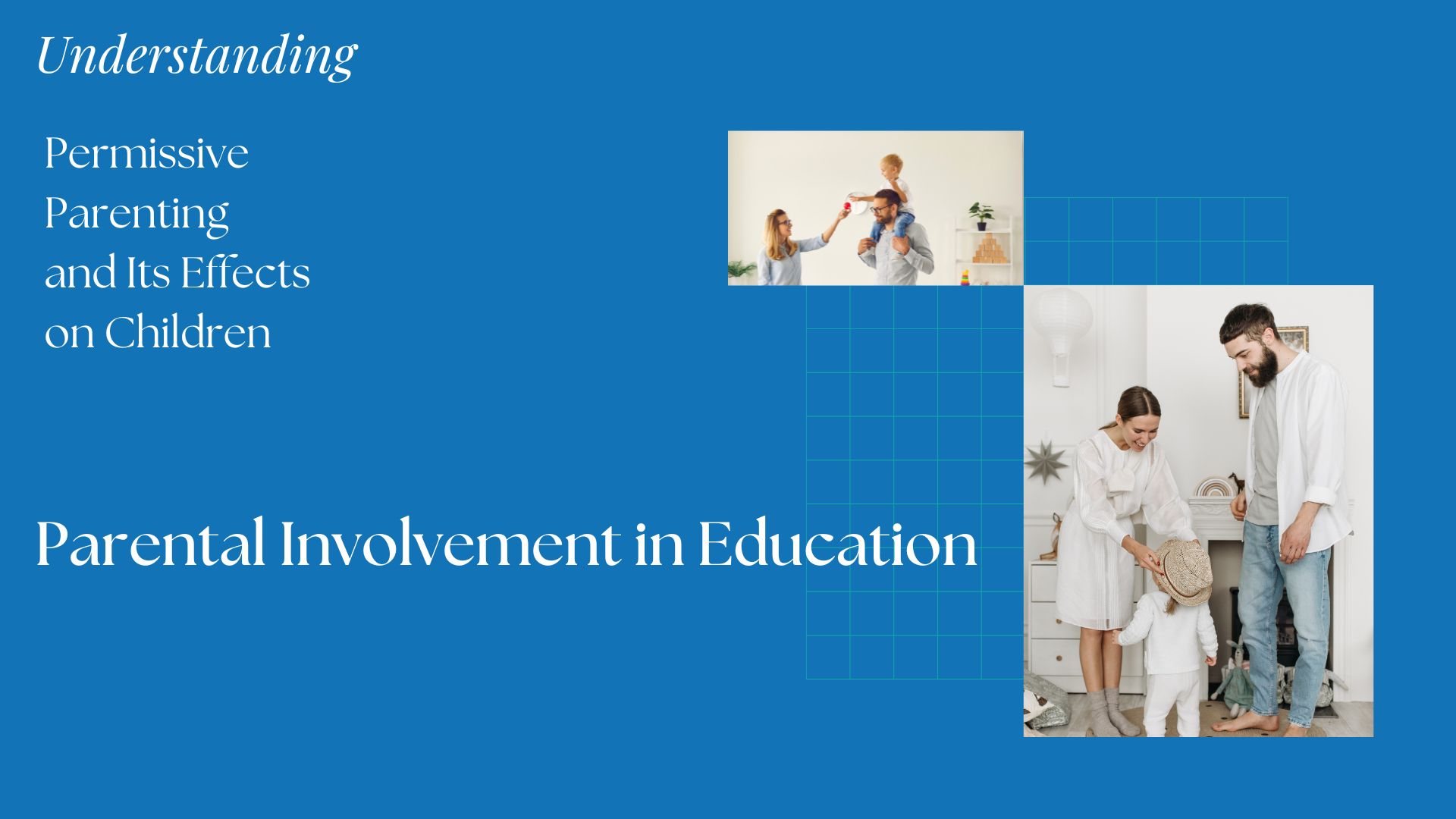Parental involvement in education is crucial for a child’s academic success and overall development. When parents actively engage in their children’s learning, it not only boosts their academic performance but also enhances their confidence and motivation. This blog explores various ways parents can support their children’s education and highlights the importance of a collaborative approach to learning.
The Importance of Parental Involvement in Education
Parental involvement in education plays a significant role in a child’s academic journey. Research consistently shows that children whose parents are engaged in their education tend to perform better academically, exhibit higher self-esteem, and demonstrate better social skills. Here’s why parental involvement is so essential:
- Boosts Academic Achievement
Active parental involvement directly impacts students’ academic performance. When parents are engaged, they help reinforce learning concepts, monitor progress, and provide additional support. This involvement creates a positive learning environment that contributes to improved grades and higher levels of achievement. - Enhances Motivation and Attitude
Children are more likely to be motivated and enthusiastic about their studies when they know their parents are interested and supportive. Parental encouragement and involvement can foster a positive attitude towards learning, making children more eager to tackle challenges and pursue their academic goals. - Strengthens Parent-Child Relationships
Engaging in educational activities together helps build stronger parent-child relationships. Shared learning experiences create opportunities for bonding and open communication, allowing parents to better understand their child’s interests, strengths, and areas of need. - Improves Behavior and Social Skills
Children with involved parents are less likely to exhibit behavioral issues and more likely to develop strong social skills. Parental support and supervision help guide children in making positive choices, managing their emotions, and interacting effectively with peers.
Practical Ways Parents Can Support Their Children’s Learning
- Create a Supportive Learning Environment
Establish a dedicated, quiet space for studying and completing homework. Ensure that this space is well-organized, free from distractions, and equipped with necessary supplies. A conducive learning environment helps children focus better and be more productive. - Communicate Regularly with Teachers
Maintain open lines of communication with your child’s teachers to stay informed about their progress, strengths, and areas for improvement. Attend parent-teacher conferences, and reach out to teachers with any questions or concerns. Collaborative communication helps address issues promptly and supports your child’s academic success. - Encourage Reading and Exploration
Foster a love for reading by providing a variety of books and encouraging regular reading habits. Explore different genres and topics to pique your child’s interest and broaden their knowledge. Reading together and discussing books also enhances comprehension and critical thinking skills. - Assist with Homework and Study Skills
Offer help with homework and study skills while encouraging independence. Guide your child through challenging assignments, and teach effective study techniques such as time management and note-taking. Avoid doing the work for them; instead, support their efforts and help them develop problem-solving skills. - Set Realistic Goals and Celebrate Achievements
Work with your child to set achievable academic goals and celebrate their successes along the way. Recognize and reward their efforts, whether through praise, small rewards, or special privileges. Celebrating achievements boosts confidence and reinforces positive behavior. - Be a Positive Role Model
Demonstrate a positive attitude towards learning and education. Show enthusiasm for your own learning experiences and emphasize the importance of education in achieving personal and professional goals. Your attitude and behavior can influence your child’s perspective on learning.
Building a Collaborative Approach to Education
- Work Together with Teachers and Schools
Collaborate with teachers and school staff to create a unified approach to supporting your child’s education. Share insights about your child’s learning style, preferences, and challenges. Working together ensures that your child’s needs are met and that there is consistency between home and school. - Participate in School Activities and Events
Get involved in school activities, events, and parent organizations to stay connected with the school community. Volunteering for events, joining the PTA, or attending school functions demonstrates your commitment to your child’s education and fosters a strong connection with their learning environment. - Promote a Growth Mindset
Encourage a growth mindset by emphasizing effort and perseverance over innate ability. Help your child understand that challenges and mistakes are opportunities for growth and learning. A growth mindset fosters resilience and a positive attitude towards overcoming obstacles.
Conclusion
Parental involvement in education is a powerful factor in supporting children’s learning and overall development. By creating a supportive learning environment, maintaining open communication with teachers, and actively engaging in your child’s education, you can significantly enhance their academic success and personal growth.



Leave a Reply